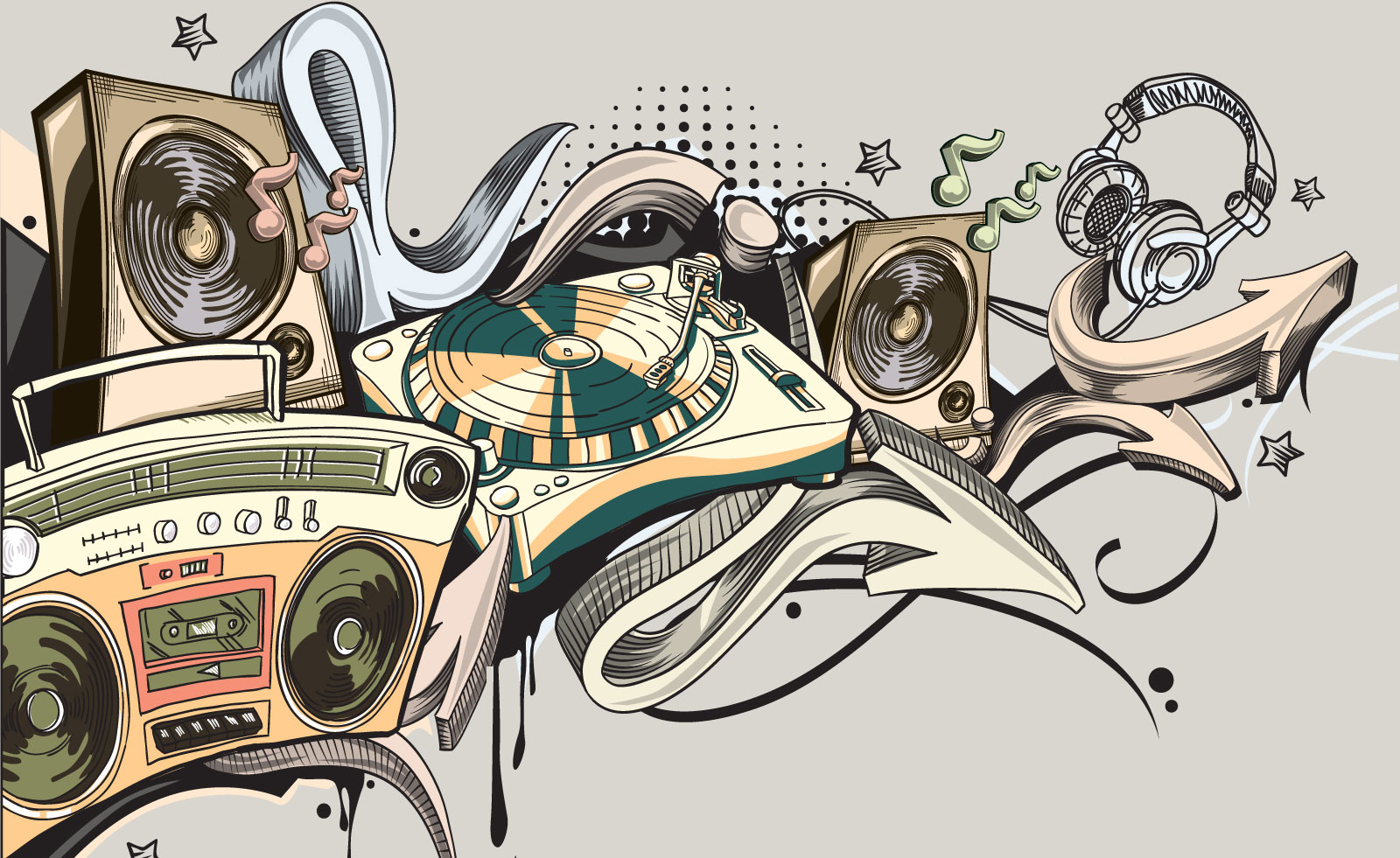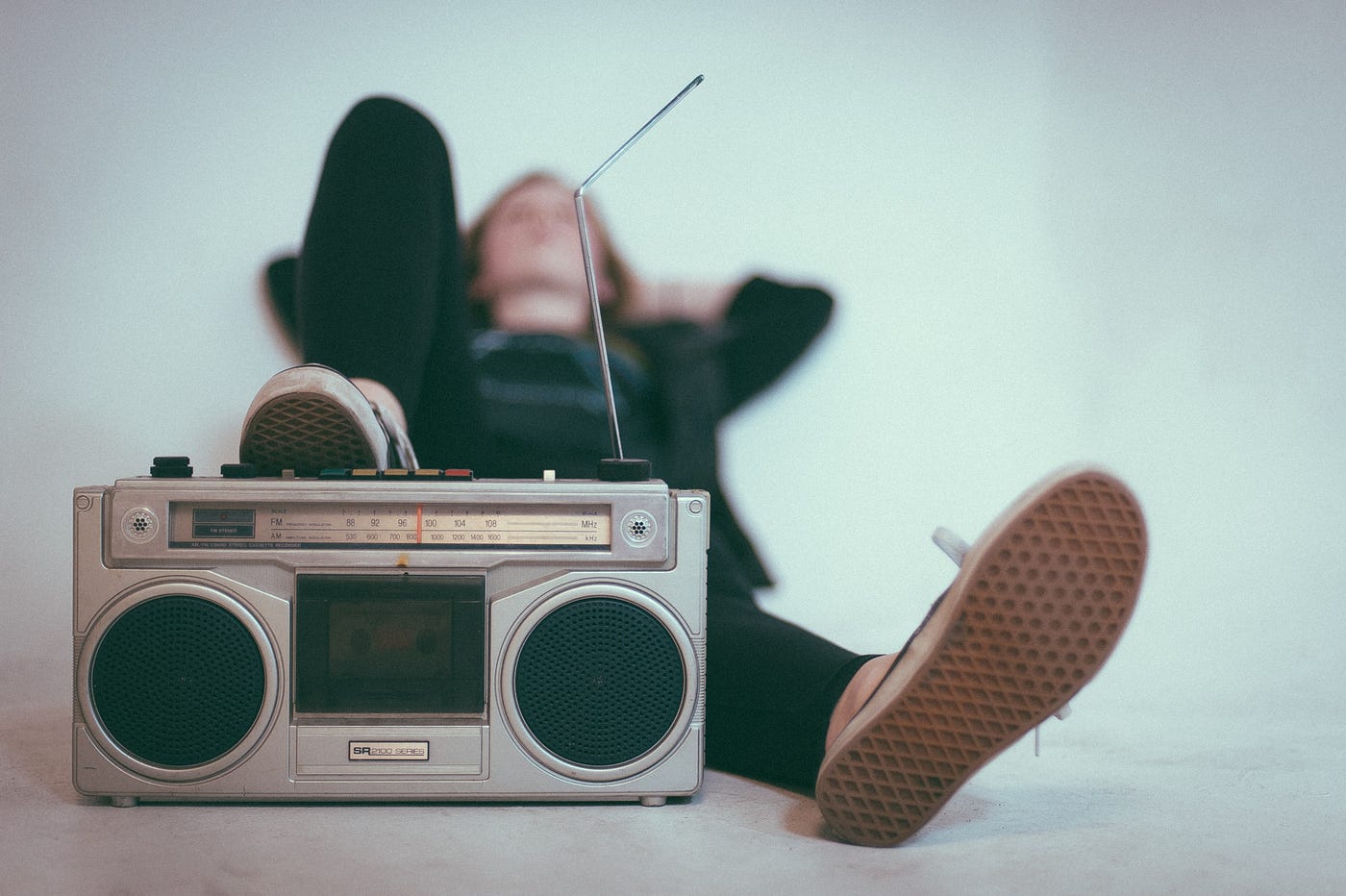The Other Wes Moore - Part II
What music played a special role in the other Wes Moore’s life?
For Wes Moore (the author) music played a more important role...
A little bit into chapter four, we learn that music began to play a special role in Wes' life, specifically, hip-hop. Growing up during the 1980s and 1990s, especially in New York City, culture was extremely vibrant. And hip-hop, a genre of music born in the Bronx, began to take its place on the global stage of culture. This genre of music was born from specifically the Black community sharing their struggles and making art with it. Wes is a person of color, so being a part of a marginalized group it's no surprise that hip-hop made him feel understood. For Wes, "it wasn't just music and lyrics. It was a validator" (76). And now that hip-hop began to be recognized on a larger level, it gave people of color a voice that was now listened to and not shut away. All kinds of hip-hop artists of color were able to share their own stories and struggles that they went through as marginalized people in the U.S. I'm sure this gave Wes some confidence, as people like him, were sharing their experiences or stories. And hip-hop was never afraid to share the rough realities and struggles of these people, since that is how the art form was born.
Wes also said that he felt like hip-hop was the sound of his generation talking to itself. Helping people of color, like Wes, work through fears, and anxieties, and give hope to unfulfilled dreams of wealth, power, revolution, or success. It provided a voice for those who had complicated lives, giving a sense of acknowledgment and a feeling of being heard even when the world was telling marginalized people that they were lesser than the majority.
For the majority and non-marginalized, there was a different relationship with hip-hop in the 1980s and 1990s. As its popularity increased on a widespread level, people all over began to listen to hip-hop. This shed light on the reality of the Black experience in America. Wes points out that "before, hip-hop had seemed foreign to those who even dared to look through" (76). Essentially, it offered a window into their world as a marginalized community.
What role does music play in my life?
Music plays a big role in my life, especially since I am a professional dancer. I get to spend several hours of my day listening to different genres of music and moving my body. This means that I also explore several emotions when listening to music and dancing. As a professional dancer, my job is to provide a visual translation of the music and how it makes me feel. But besides it playing a large role in my work life, it also plays a large role in my personal life.
I listen to music every time I'm in the car, at home when I am doing schoolwork, and even just when I am relaxing. Music is extremely powerful. It can amplify existing emotions as well as build new emotions while you are listening. Many times if I want to build my confidence before doing something, I listen to music that I know makes me feel confident. Other times, if I am feeling a certain way, I will put on music that amplifies the certain feeling that I am experiencing.
Unlike Wes, music didn't need to provide me with a sense of voice as I am a part of a non-marginalized group being white here in the United States. That being said, I am also a female which was once a marginalized group (and still is if you ask some). Being that it's mixed, I do relate to Wes a little when he mentions feeling understood and heard. When I listen to female artists, some shed light on the female experience of living and existing which provides me with a sense of community and feeling of being understood.





Hi Kyra! I like your insight into both Wes Moores' relationship with hip-hop. I am a pre-professional dancer as I am not working yet and still training at Joffrey, and I can relate to the way you described how music is involved in your life. Keep up the good work!
ReplyDeleteHello Kyra I like your passion you have to dancing in your professional career. I can relate to you about how music makes you feel relaxing. When I am in the car I need to have music because I really enjoy it and when I have people with me in the car I like to jam out and singing so hard and just really enjoy ourself. I also listen to music when I am home and or doing homework because It help me not me bored or get distracted from the people around me. Music is a big ting for me. I hope you keep thriving in your career !!!
ReplyDelete